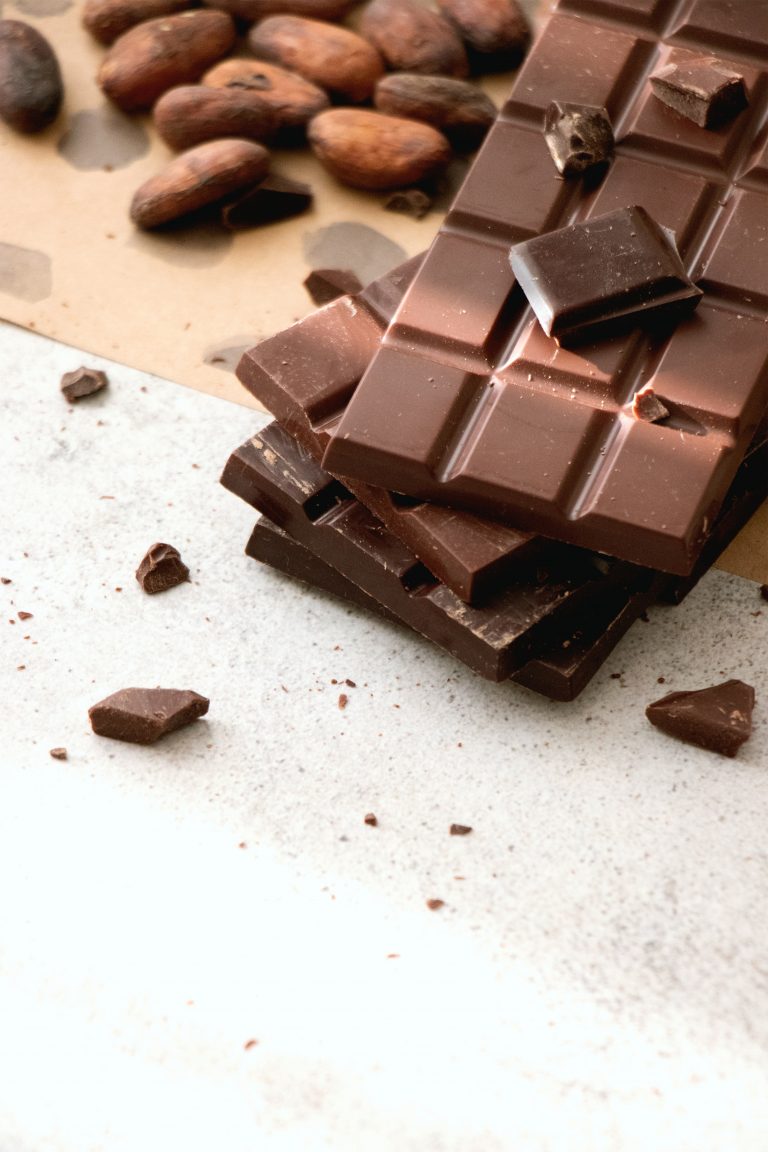Cholesterol is an essential component in the membranes of almost every cell in the body. Cholesterol also works as a necessary precursor for the production of steroid hormones, bile acids and vitamin D. However, high cholesterol or hyperlipidemia is a health problem characterized by excessively high levels of lipoprotein low density (LDL) cholesterol, often called “bad cholesterol”. Unlike high-density lipoprotein (HDL) cholesterol, or “good” cholesterol, which helps remove excess LDL cholesterol from the bloodstream, high LDL cholesterol increases the risk of atherosclerosis or arterial hardening and plaque buildup, as well as heart disease and other vascular diseases. Studies have shown that compared to people with normal cholesterol levels, people with high cholesterol are about twice as likely to develop cardiovascular disease.
The liver naturally produces cholesterol, but can also be produced when consumed in the diet through foods such as meat, cheese, eggs, whole dairy products, butter, snacks, ice cream, shellfish, commercially-fried foods, and organ meats. While regular consumption of these types of foods, as well as foods high in saturated fat and trans fats, can cause high cholesterol, hyperlipidemia is not necessarily the result of poor nutrition alone; instead, there are many risk factors involved. In addition to poor diet, the risk factors for high cholesterol include genetics, smoking, a sedentary lifestyle, obesity, certain diseases such as diabetes. and hypertension, and certain medications.
The good news is you can lower your risk for high cholesterol through healthy lifestyle choices. There is some evidence to suggest that various lifestyle choices can lower cholesterol. Here are the 9 best ways to lower cholesterol naturally, without drugs. Read on to see what changes you can start implementing today.
Eat greater fibre.
Including more fibre in your weight loss plan also can decrease your cholesterol. Studies have shown that everyday intake of three grams of soluble fibre decreased bad cholesterol by an average of almost 18%. Soluble fibre is seen in legumes like beans, peanuts and lentils, vegetables, whole grain, oat and fruit. Though our very own bodies can’t digest soluble fibre, it’s the preferred fuel source for the beneficial gut bacteria and serves as a probiotic. Moreover, studies show that the bacteria inhabiting your intestine microbiome are instrumental in the production and regulation of levels of cholesterol for your body.
Keep Away from Trans Fats
Trans fats offer absolutely no nutritional advantage and should be removed from the diet as much as possible. Also known as “hydrogenated oils” or “partially hydrogenated oils,” trans fats are found in processed foods such as packaged snacks cakes, store-bought fried foods, margarine, theatre popcorn, vegetable shortening, and processed meats. These oils make food more stable, but can be harmful to your health by simultaneously raising LDL cholesterol and lowering HDL cholesterol, research shows.
Go Whole Grains
Whole grains contain bran which is high in B vitamins and soluble fibre, which has been researched to lower LDL cholesterol levels and the risk of coronary heart disease. Research indicates that one or two extra servings per day of whole grains, per day, can reduce the risk of hyperlipidemia and heart disease by about 10-20%. Try adding more whole wheat, whole oats, sorghum (such as guinea corn) barley, and teff, or substitute refined grains for whole grains.
Try a Plant-Based Diet
Many animal products are high in saturated fat, and diets high in animal protein and fat have been proved to cause deleterious changes in the balance of bacteria in the gut, increasing the abundance of inflammatory microbes and reducing the abundance of bacteria that aid digestion, protect the gut barrier and produce good HDL cholesterol. Legumes, seeds, vegetables, fruits, and nuts contain fibre, water, polysaccharides, vitamins, minerals and phytochemicals that support the production of HDL cholesterol, which then circulates and removes bad LDL cholesterol.
Make Friend with Healthy Fats
Unlike saturated fats and trans fats, unsaturated fats can lower cholesterol and lower the risk of heart disease. Studies have shown that diets high in monounsaturated fat can lower LDL cholesterol and increase HDL cholesterol. Foods like olive oil, walnuts, avocados, almonds, and nuts are high in monounsaturated fat, which may partly explain why the African diet is effective in reducing the risk of many diet-related illnesses.
Polyunsaturated fats, such as the omega-3 fatty acids in oily fish like salmon, mackerel, tuna, and sardines, as well as some nuts and seeds, can also lower LDL levels, according to research.
While foods high in cholesterol can raise blood cholesterol levels, when considering a diet, saturated and trans fats are the real culprits of high cholesterol. Saturated fats are solid at room temperature due to the double bonds between carbon atoms. They are found in many animal products, such as butter, cheese, meat, fatty poultry and cream.
Regular exercise

Aerobic exercise can have a dual beneficial effect on your cholesterol levels, as research shows that regular exercise can lower LDL cholesterol and increase HDL cholesterol. Improving HDL cholesterol levels is one of the most important health effects of exercise. While several studies have examined the influence of low-impact aerobic exercise on cholesterol levels and blood lipid profiles, there is also some evidence to suggest that resistance training can improve cholesterol numbers.
Don’t smoke
It’s probably not surprising that smoking can create another health consequence, in this case – high cholesterol. Smoking seems to interfere with the body’s ability to produce good cholesterol, and when HDL levels are too low, LDL levels are no longer kept in check and therefore start to rise. Fortunately, many studies have shown that these changes are reversible, such that quitting smoking can lower LDL and raise HDL cholesterol to more optimal levels.
Lose excess weight

Just as exercise acts as a positive double blow against high cholesterol by simultaneously raising good HDL cholesterol and lowering bad LDL cholesterol, so too does a healthy weight loss diet and excess weight loss. Research has shown that regardless of the type of diet followed and the foods consumed, weight loss through diet increases HDL and decreases LDL, notably improving the blood lipid profile.







